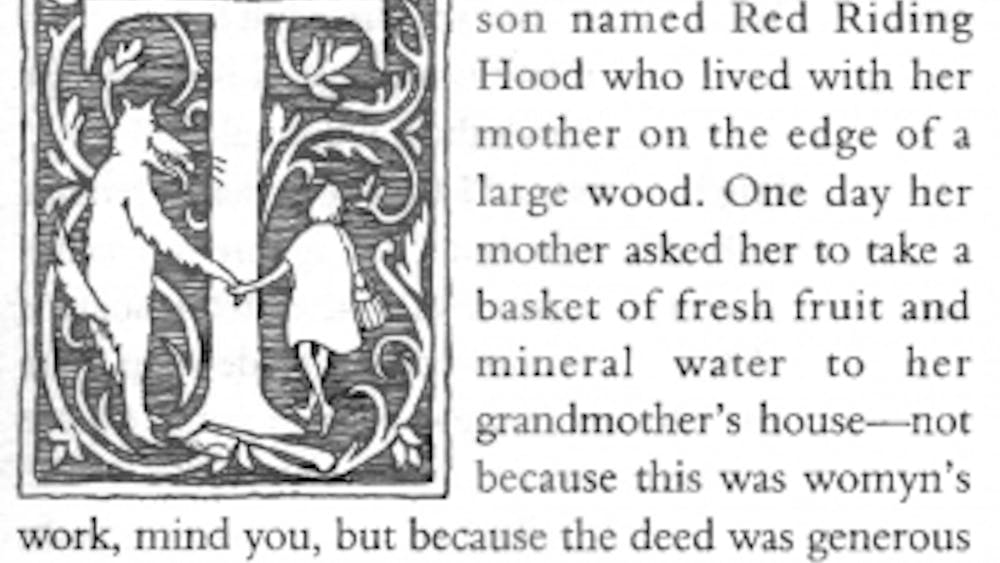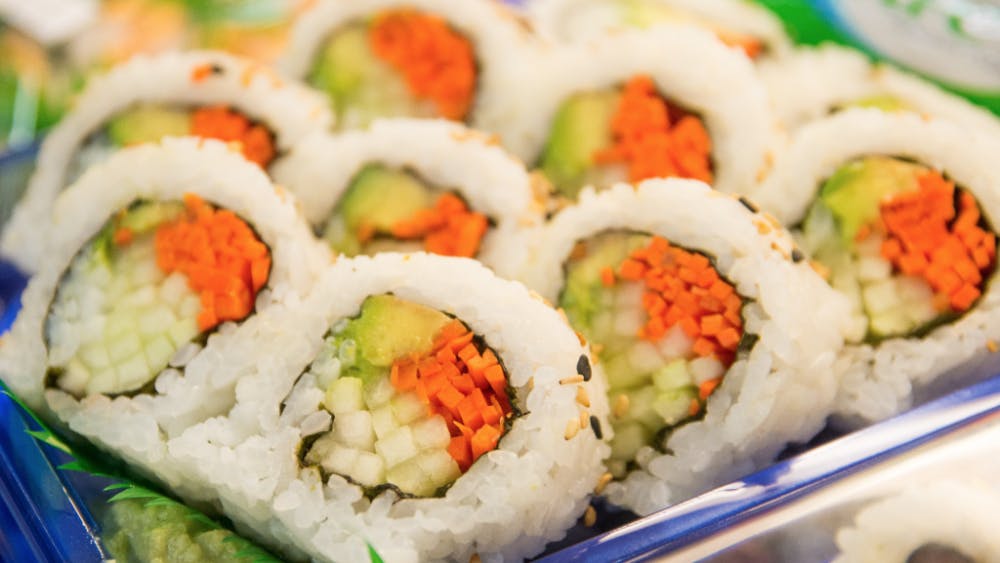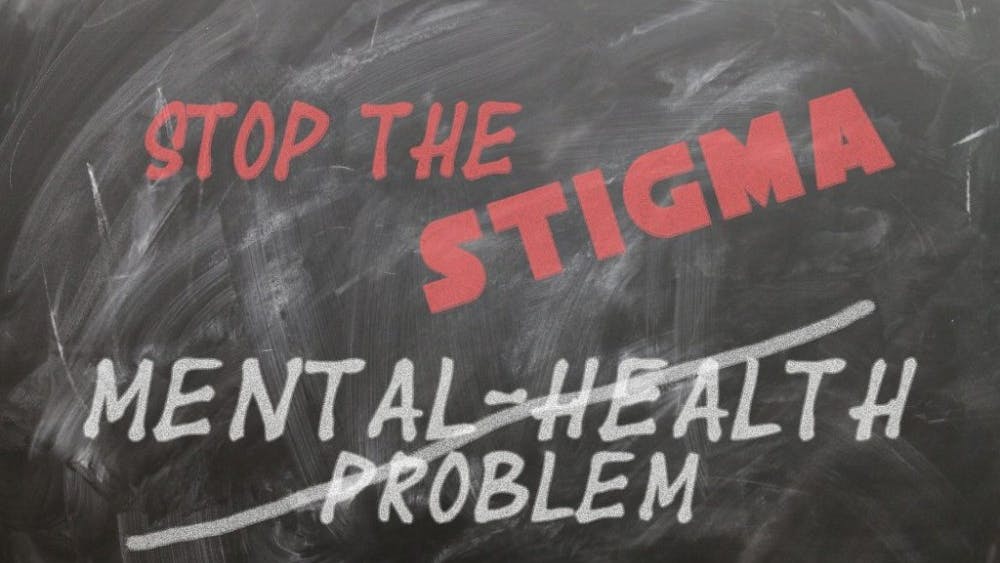Don’t assume PC culture is always right
By SOFIA DIEZ | October 20, 2016It’s an era of ultra-liberalism, where users on social media platforms such as Tumblr and Instagram have biographies riddled with labels that add color in a few quick words to identify them, empower them.





















